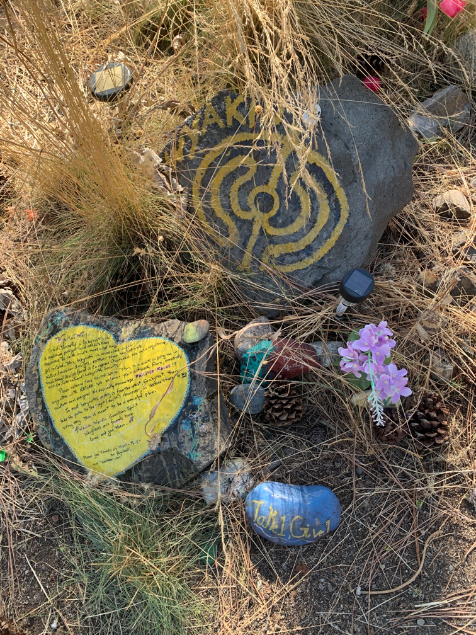Last year, while visiting my oldest sister and her family, I had occasion to drive my oldest nephew back to his dorm at the local university. I don’t see him very often, so I used this opportunity to catch up with him about his life, and listened to his aspirations for his future. It is also rare that we have uninterrupted conversation, and during the course of our 30-minute drive, I encouraged him to think about the long-term effects of his decisions. I cautioned him not to be caught up by his desire for instant gratification and recommended that he focus on a strong foundation of education. My advice: stay in school; Do not let your ambition to be a DJ take precedence over focusing on college classes.
Initially, he did not have a lot to say in response. As we neared his dorms and when we were only a few minutes away, he started to open up a little more. Something he said struck a nerve in me, and has given me a lot to think about over the last year.
He said, “All I know how to do is take orders.”
He explained that his entire life, he has been told what to do, especially when it came to the “important” decisions. His parent made most of his decisions in his childhood, and he joined the military shortly after graduation from high school, where he continues to take orders and do what others tell him to do.
Now, it seemed, he was a bit lost. He wanted to find his own way to success and happiness, but didn’t know where to begin, and was tired of being told what to do.
I had to pause and think about what he said. Even as we push our kids to be leaders, we tend to do so by telling them what to do… How can you learn to be a leader if you are always following someone else’s instructions?
What are we doing to teach our children HOW to grow in independence? Even when we lead by example, how can we be sure they understand the reasoning behind our actions? I’m struggling to find the words to articulate what I really want to say, so bear with me and please try to understand my intended meaning.
What are the conversations (not monologues) we need to be having with our beloved young as we guide them into independence?
For me, I try to talk about the situation and circumstance, how I feel about it, why I feel a certain way, and how that factors into my decisions. Is it too much information? At what point do my words become an echo of “blah blah blah”? My daughter has told me that she doesn’t often respond initially because there is a lot of information to take in and she needs time to process the information before she responds.
I don’t claim to have the answers, so I invite you into the conversation. Let’s help each other this with monumental task. Please share (concisely) one way you are helping today’s youth grow into well-adjusted, mature, responsible adults for tomorrow.











